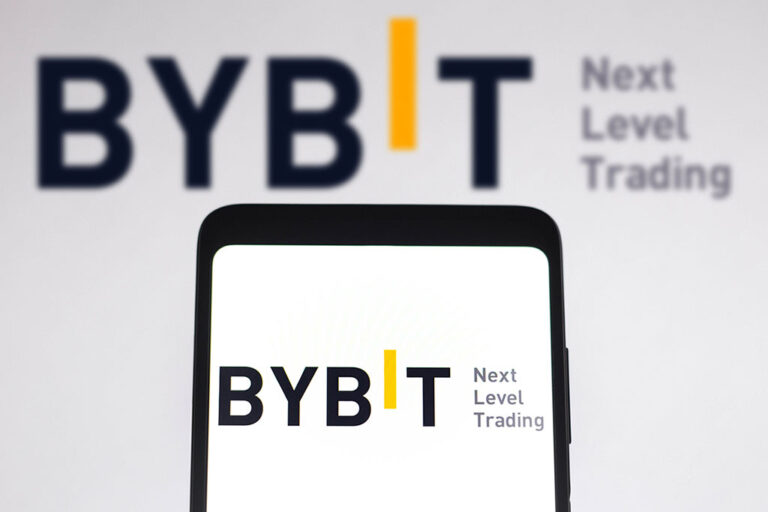Bybit is cautiously expanding its reach into China by allowing VPN-based access to users while also planning a regulatory comeback in Hong Kong.
Dubai-based cryptocurrency exchange Bybit has confirmed that mainland Chinese users can trade on its platform using virtual private networks (VPNs), though it will not facilitate transactions in the Chinese yuan. This cautious approach aligns with Bybit’s efforts to navigate China’s stringent digital asset regulations while accommodating growing user demand.
As per a recent report by the South China Morning Post, Bybit’s co-founder and CEO Ben Zhou announced on December 3 that the platform began allowing mainland Chinese citizens to trade overseas earlier this year, following major user requests. This decision was based on the company’s assessment of “acceptable risks”. However, Bybit remains firm in its stance against facilitating yuan-based trading, avoiding what Zhou called a regulatory “red line”.
“What the Chinese government dislikes the most about crypto is that it can facilitate capital outflow,” Zhou explained. This understanding influenced Bybit’s decision to block mainland IP addresses while enabling signups using Chinese national IDs and passports. Although these measures target the overseas Chinese community, mainland residents have found a workaround by accessing the platform through VPNs.
It is interesting to note that despite this opening, the platform’s new user growth from mainland China has been low, a trend attributed to the platform’s prohibition on yuan transactions.
A Complicated Crypto Landscape in China
Bybit’s cautious expansion into mainland China highlights the region’s complicated relationship with cryptocurrency. Once a global leader in crypto adoption, China implemented a comprehensive ban on crypto-related activities in 2021 due to concerns over capital outflow and financial stability.
Despite the ban, reports suggest that Chinese users continue to access cryptocurrencies through unofficial channels like peer-to-peer trading and VPNs. In July, speculation about a potential lifting of the ban also gained traction. At the time, industry figures like Galaxy Digital CEO Mike Novogratz suggested that such a move could significantly impact the global crypto market.
Bybit’s Regulatory Ambitions
Founded in 2018, Bybit has risen to become the third-largest cryptocurrency exchange globally by daily trading volume, trailing Binance but surpassing Coinbase. The exchange’s registered user base has surged from 20 million in 2022 to nearly 60 million in 2023, signaling its growing global footprint.
Bybit has faced regulatory challenges in various jurisdictions. After briefly applying for a Hong Kong license in January, the exchange withdrew its application in May, citing a compliance issue involving a conflict of interest with its compliance officer. Hong Kong regulators also prohibit platforms from serving mainland customers. Despite these setbacks, Zhou expressed optimism about reapplying for the license in early 2025 with a revamped compliance team.
While obtaining a Hong Kong license would be a “confidence booster” for Bybit, Zhou stated that the city’s crypto market remains relatively small. He further explained that the license’s primary value lies in attracting talent and showcasing compliance.
next